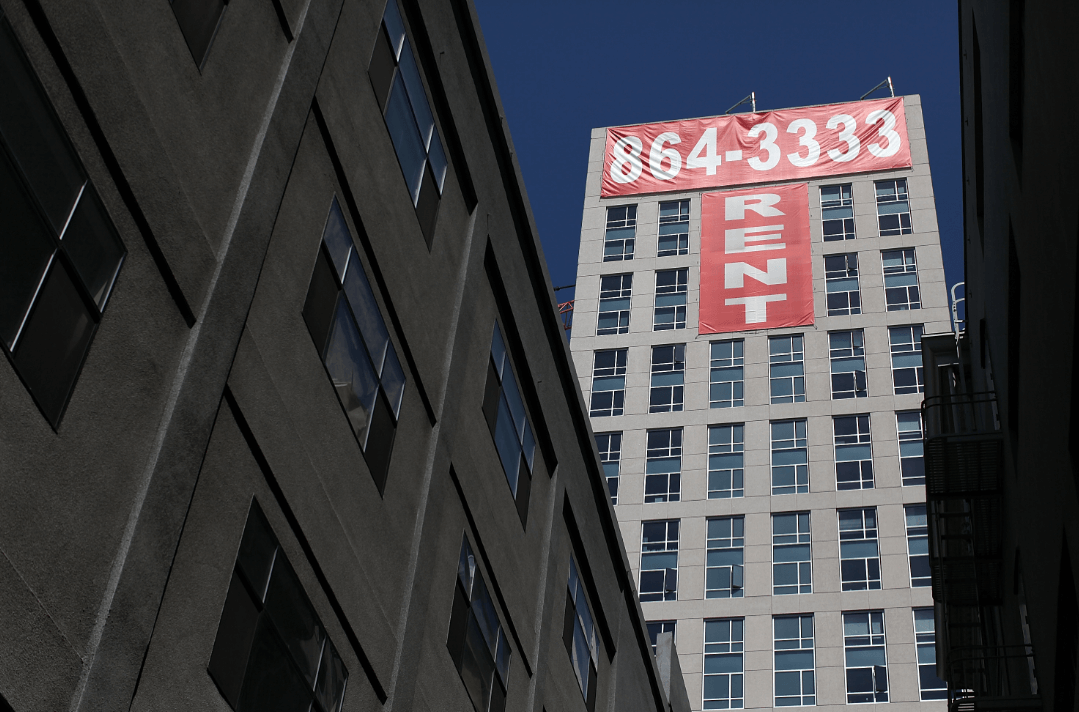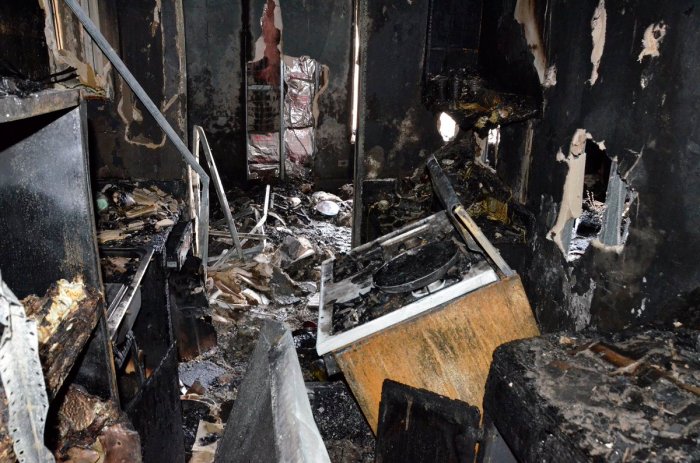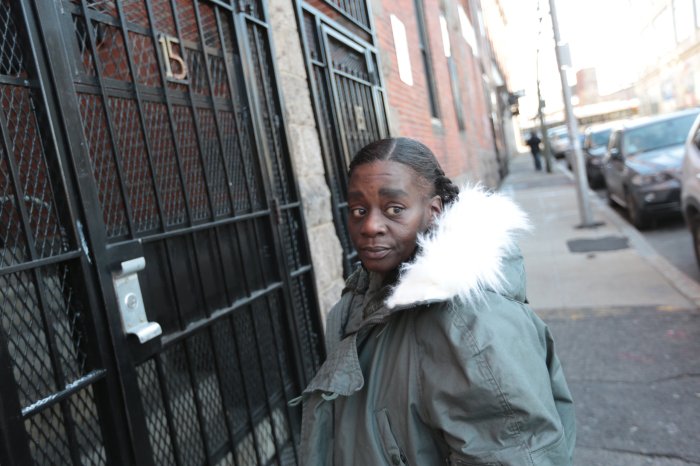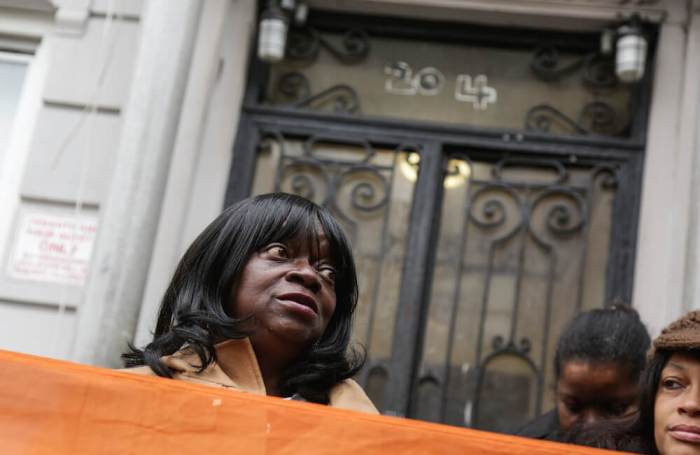Should landlords be forced to consider rental applications from people with criminal histories?
A New York congressman answered that question with a resounding no last week as he voiced his strong opposition to a new plan by the U.S. Department of Housing and Urban Development to ostensibly punish homeowners who do not consider offering rental units to “criminals.” According to N.Y. Congressman Dan Donovan, who serves both Staten Island and South Brooklyn, the new plan, announced by HUD in early April, would prohibit landlords from passing on rental applicants with criminal records. Further, landlords who fail to justify their decision to deny housing to those with criminal backgrounds could face lawsuits for discrimination.
Related: New York City studios thatmake small spaces desirable in NYC In a statement, Donovan said that government shouldn’t be strong-arming people to accept criminals in their own homes.
“How does HUD expect landlords to provide a safe living environment when they cannot prohibit criminals? I wonder if Secretary Castro plans to rent his basement to a convicted murderer,” Donovan asked. In a letter to HUD Secretary Julian Castro, Donovan wrote that while the Fair Housing Act (FHA) is important to protect people from discrimination in the sale, rental, or financing of housing on the basis of race, color, religion, sex, disability, familial status or national origin, he expressed concern that HUD is seeking to make criminals a “protected class.” “To be clear,” Donovan wrote, “had Congress ever intended for such protection, it would have been enumerated in the FHA with the other protected classes.”
Moreover, Donovan said that HUD’s policy now subjects “law-abiding citizens to punishment and lawsuits just for choosing not to accept criminals as tenants.”
But, HUD doesn’t see things that way.
A spokesperson for the agency called the policy a way to “ensure that citizens who have paid their debt to society are not denied a fair opportunity to secure a decent home for discriminatory reasons.” “In short, the agency believes that blanket exclusions on any person with a criminal record violate the law when such policies are shown to disproportionately exclude individuals of a particular race, national origin, or other protected characteristic,” said HUD spokesperson Elena Gaona. Gaona said that housing providers should take into account the nature, severity, and recentness of any conviction record to the extent they consider such records when making housing decisions.
“Landlords, of course, may always draw the line where admitting a person would pose a risk to tenants and neighbors,” she added.
In addition, Secretary Castro expressed his support for the policy during a speech before a national low-income housing policy forum in Washington D.C. early last month.
“Today, I’m proud to announce new guidance that makes it clear HUD will use the full force of the law to protect the fair housing rights of folks who’ve been arrested or who’re returning to their communities after serving time in jail or prison,” Castro said. Castro also made the connection that housing discrimination tends to affect minorities more than whites, due to their higher rates of arrest and incarceration.
“Black and Latino Americans are unfairly arrested at significantly higher rates than white Americans,” Castro said, adding that according to the Drug Policy Alliance, while rates of drug use are comparable across racial lines, black and brown Americans are disproportionately prosecuted for drug law violations than whites. “When landlords summarily refuse to rent to anyone who has an arrest record, they may effectively and disproportionately bar the door to millions of folks of color for no good reason at all,” he said. Calling the HUD policy “exceedingly ambiguous,” Donovan asked the agency for timely answers to several questions, including where in the FHA are convicted criminals listed as a protected class andwould a housing provider be required to consider the “nature, severity, and recency” of the convictions of a sex offender in order to avoid liability under HUD’s view of the law? Last year, New York City passed an ordinance and President Barack Obama issued an executive order barring many employers and federal agencies from asking about a job applicant’s arrests and convictions. The criminal justice reform effort is known as ban-the-box because it eliminates the requirement that applicants check a box asking if they have a criminal record.
New York Congressman opposes HUD plan to extend housing protections to criminals

Getty Images























